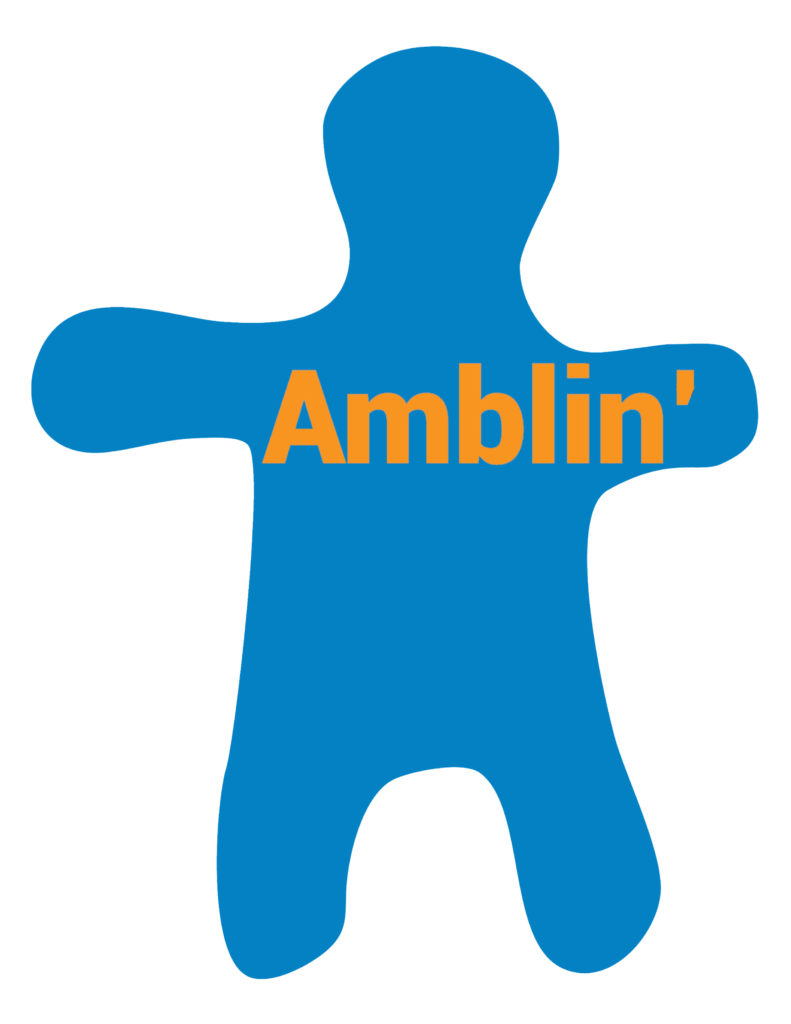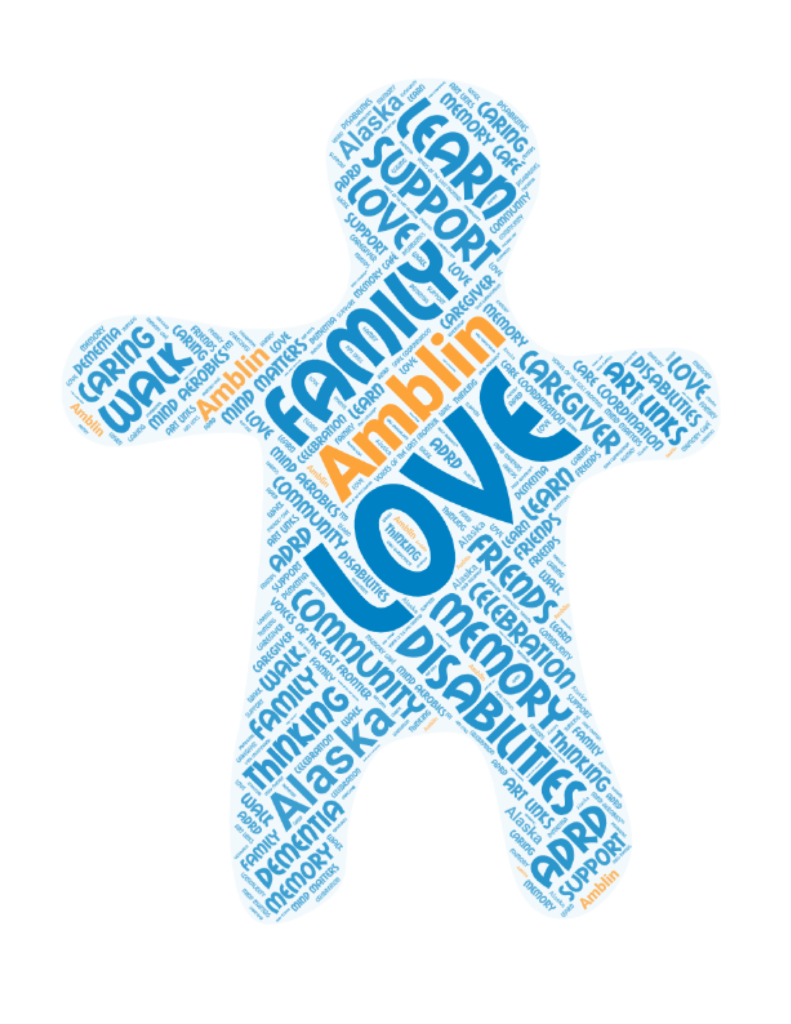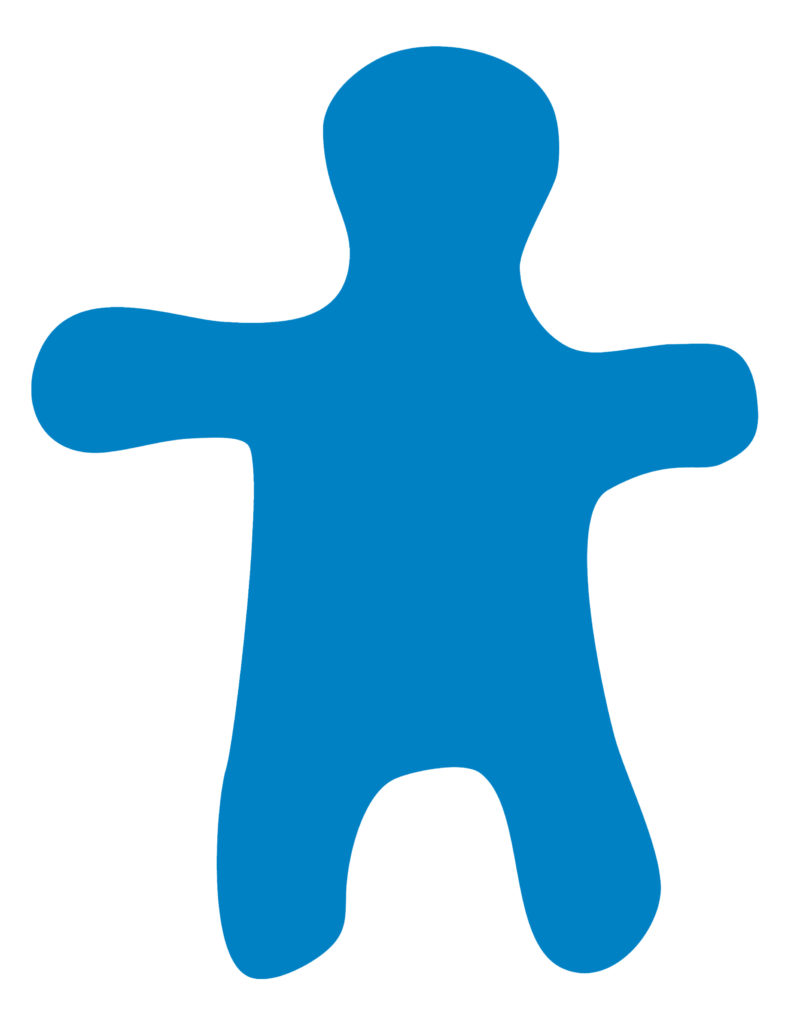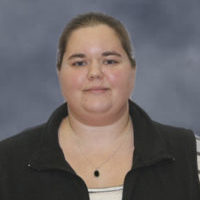We Alaskans are a hardy bunch. Many of us tackle tough situations on our own. Some of us navigate challenges with family or friends by our side. And sometimes a common condition arises that brings us all together as a community and a state. The impact of Alzheimer’s disease and related dementia (ADRD) is, now more than ever, one of those unifying conditions.
Alaska Native and leading dementia researcher Dr. Jordan Lewis (Unangax, Native Village of Naknek) offers a unique cross-cultural perspective to help Alaskans better understand the importance of dementia awareness. This is especially appropriate for November, a month that is nationally recognized for Alzheimer’s Awareness.
In the Jan. 2021 State of Alaska planning report, “A Call for Action: Alaska’s 10-Year Map to Address Alzheimer’s Disease and Related Dementia,” Dr. Lewis uses the strength and path of a river as a metaphor for the journey of dementia. “The changes in rivers are similar to the changes in our brains due to Alzheimer’s Disease and Related Disorders, or dementia,” he writes. “Dementia changes our brains, our relationships, our sense of self, and our ability to feel safe. It requires us to adapt… Navigating this process will not be easy. Just as the river is full of turns, each one bringing new challenges, adventures, and memories, there will be rough waters. With adequate resources, knowledge, and supports, the journey down the river will be smoother, the destination worth it. And we will all benefit.”
Giving and receiving
Long-time Alaskan Lyn Barela relates to this need for adapting all too well. She lives with early stage dementia and daily experiences its ebb and flow.
“I have dementia. I can still function independently, yet I generally take two steps forward and one step back,” she says. “I keep lots of notes, which helps as long as I remember where I keep them. The worst part right now is how my dementia feels. I am clouded …. Anxiety creeps in when I have time restraints. You might think I am doing fine while what I really need is to rest my brain to nap and reenergize.”
Lu Woods, an Alaskan dementia care partner, recently reflected on her personal journey providing care to her father for eight years.
“As a care partner the hardest challenge for me was the change in our father/daughter relationship,” she says. “As my father’s dementia symptoms progressed, I longed for the comfort of our previous relationship. It felt like a constant race to try and keep up with his changes and take care of my own needs. But once I learned about dementia through educational opportunities, attending a support group, discovering ways to cope with these relationship changes, and taking care of myself by tapping into respite services offered by the Veterans Administration, I could once again appreciate my father and his special sense of humor. My biggest satisfaction was seeing the smile on his face.”
Help is here
If you are an individual or a family dealing with a dementia, you do not have to do it alone. Alaska has many state and community programs intended to help those impacted by Alzheimer’s disease and related dementias. Alaska’s Aging and Disability Resource Centers (ADRCs) work around the state to consult with individuals and families and direct citizens to needed community resources. Alzheimer’s Resource of Alaska is a statewide, non-profit agency and is a great place to start putting together a plan to handle a recent dementia diagnosis. Services such as consultations, education, support groups, engagement activities and information about other community supports can help you discover ways to live and cope with the challenges that dementia brings.
Even with supports, navigating dementia can be challenging. There are things each of us can do to get us through. Keeping a sense of humor can help bridge those moments. Laughter is a powerful ingredient that can alter how we are feeling with ourselves and with each other.
Music is another potent element, one that stays with us for a lifetime. Singing, dancing and listening to music alters brain waves and provides relaxation and pleasure.
Finally, staying active and engaged for as long as possible is beneficial for the individual living with dementia and the care partner. Our journey with each other can be a positive one.
Rosalys Peel, caregiver and author of “Mike & Me,” suggests staying “open to the very end, to the positive things that might happen (rather than worry about the negative things that you have been told will probably happen). Expect good things to happen and they very often will.”
Please join us during the month of November to raise awareness about Alzheimer’s and related dementias across Alaska. Together we can make a positive difference in the lives of people living with dementia, care partners, and families as we navigate the flowing river that connects us all.
Resources
To learn more about ARA‘s different classes and events statewide this month, contact the Anchorage office at 907-561-3313 or at http://www.AlzAlaska.org.
“A Call for Action: Alaska’s 10-Year Map to Address Alzheimer’s Disease and Related Dementia,” is available online at https://bit.ly/3vB0elD
To find your area’s Aging and Disability Resource Center, call toll-free 1-855-565-2017 or review the list of centers at https://bit.ly/2ZdzV8W
Source: Alzheimer’s Awareness Month: An Alaskan perspective – Senior Voice
 Make a Payment
Make a Payment



